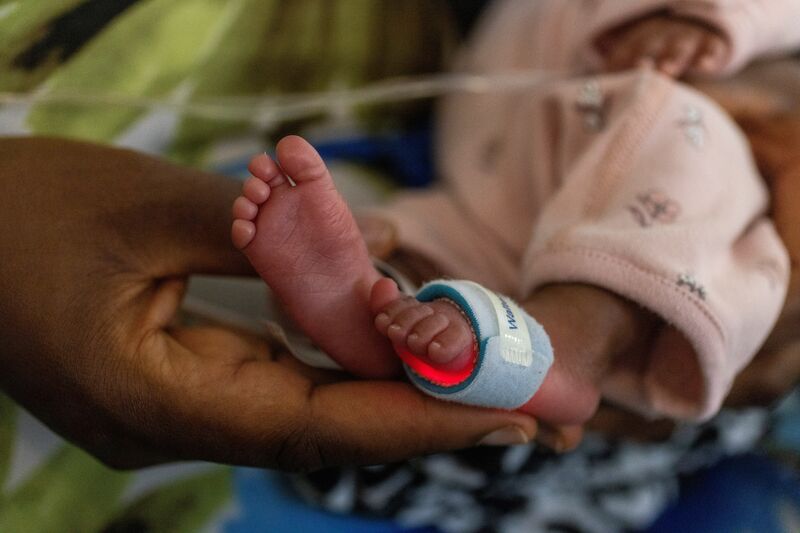Yesterday (Monday 13th May 2024), the All Party Parliamentary Group (APPG) on Birth Trauma published a harrowing report detailing women’s experiences of birth trauma. The themes in the report reflect what many of the families Bliss supports tell us:
- The rates of post-traumatic stress disorder (PTSD) are particularly high among women who have had a preterm birth
- Women often aren’t given the information they need during pregnancy, labour and after birth, and they are not always listened to
- When something has gone wrong in labour and a baby is born very unwell as a result, their parents do not always get the good communication they need
- There is a lack of psychological support for those who have had a traumatic maternity experience.
The APPG report calls for a Maternity Commissioner to be appointed and for the Government to develop a National Maternity Improvement Strategy.
Today (Tuesday 14th May 2024), the Sands and Tommy’s Joint Policy Unit adds to this picture by publishing a report (opens as a PDF) highlighting the lack of progress towards the Government’s own targets to reduce rates of stillbirth, neonatal death and premature birth, in England. Despite national targets to halve the 2010 rates of stillbirth, neonatal and maternal death and brain injuries occurring during or soon after birth, and to reduce the preterm birth rate from 8% to 6%, all by 2025, the report shows that:
- Progress to reduce stillbirth and neonatal mortality rates has stalled and there has been little progress in reducing the preterm birth rate
- The risk of neonatal mortality is 75% higher among babies from Black ethnic backgrounds, and 30% higher among babies from Asian ethnic groups. both compared to White babies
- Babies from a Black ethnic background are far more likely to be born extremely preterm.
- Where rates of neonatal mortality have decreased, this is driven by a reduction amongst the least deprived group rather than across all backgrounds.
The Sands and Tommy’s Policy Joint Policy Unit report also shows that the current number of families losing a baby is not inevitable. At least 20% of stillbirths and neonatal deaths may have been prevented with better care, equating to over 800 babies’ lives in 2022-23.
Caroline Lee-Davey, Chief Executive at Bliss said: “The two reports released this week show the scale of the problems facing maternity and neonatal services, but they also show that it doesn’t have to be this way.
“Some of the answers to reducing neonatal mortality and premature birth rates already exist, but the Government must commit the resources and focus needed to transform services at a national level, including commitments to: listen to parents, invest in the maternity and neonatal workforce, learn lessons from deaths and serious incidents, and follow nationally agreed standards of care.
“Where answers don’t yet exist for reducing mortality and preterm birth rates, it is essential that research funding is committed to build our understanding of the issues and inform future solutions. Just 2% of health-related research funding has been spent in this area over the last 20 years, a staggeringly low percentage in comparison to the scale of the problem.
“As we look ahead to the next General Election, every political party must commit to take urgent and sustained action to reduce neonatal and maternal mortality, newborn brain injury, and preterm birth rates across all groups in the population, and to invest the resources needed to achieve this.”
